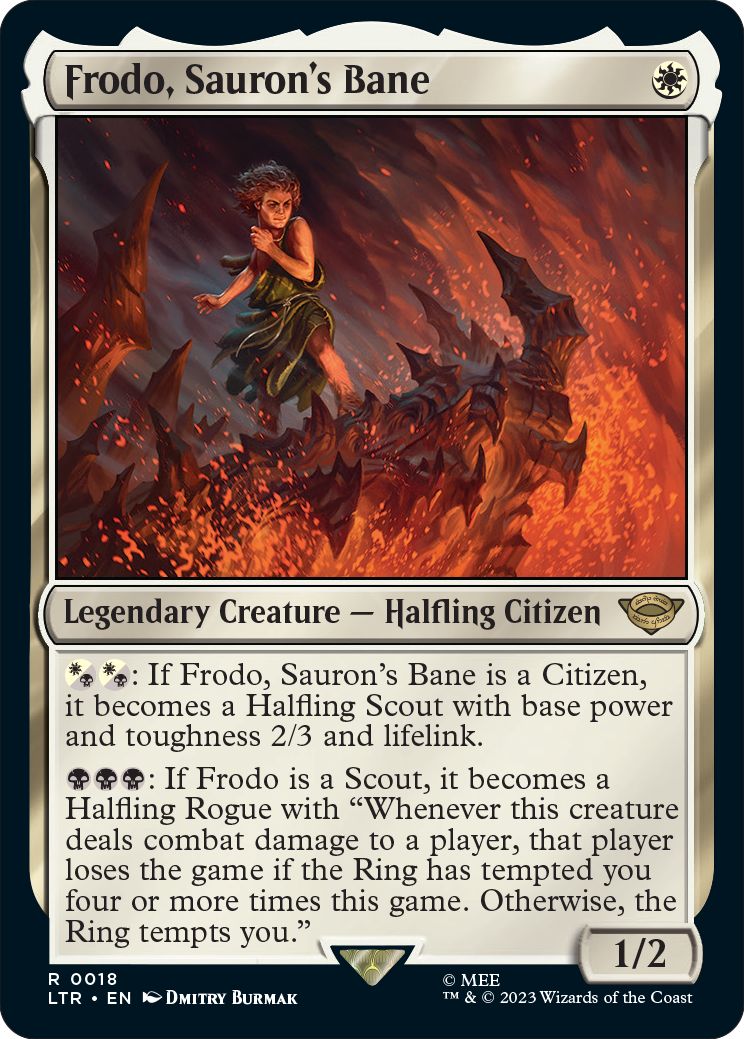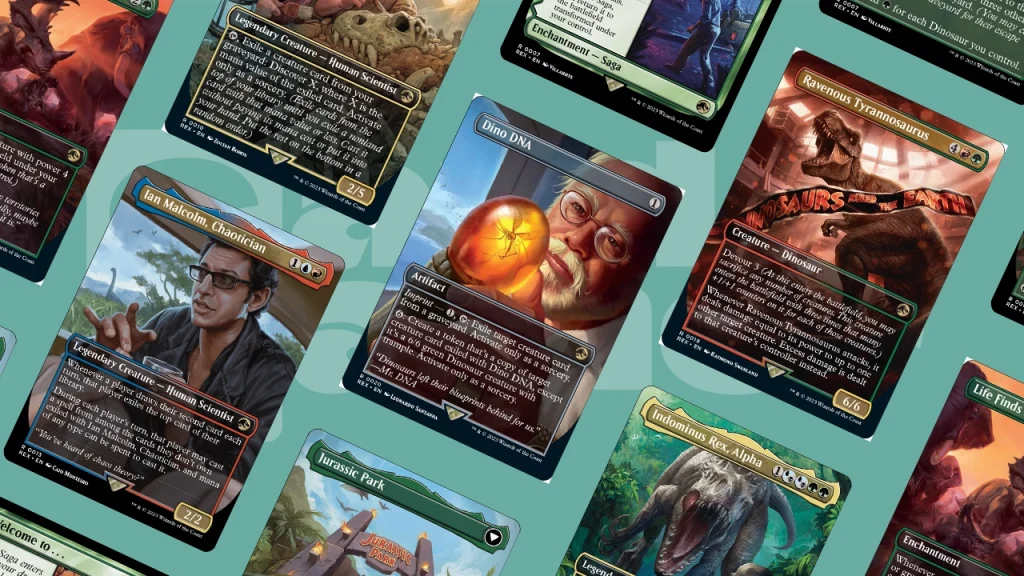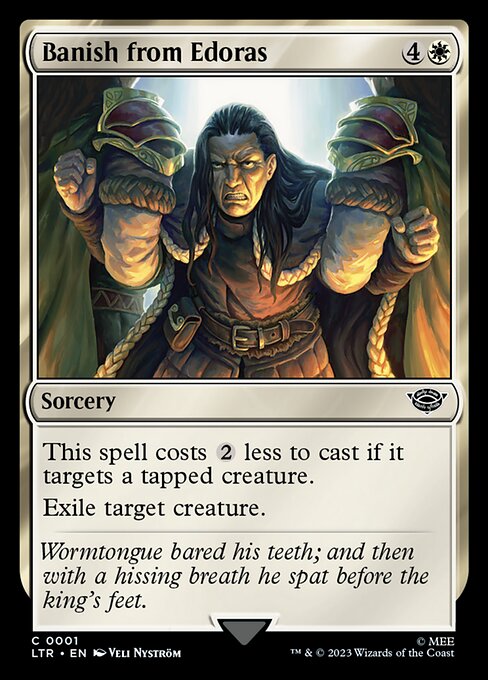New Info To Picking MTG Price
Wiki Article
What Are The Different Types Of Magic: The Gathering Cards?
Creature Cards are the primary cards in Magic: The Gathering. Each card has its own role and has its own distinct effects.
Creatures- Represent creatures like dragons, elves, beasts, etc.
Abilities: They are often tough and strong (indicating their ability to fight) and have a variety of abilities, such as flying, trample and lifelink.
In general, summoned creatures are unable to attack or carry out any other actions while they are on their turn, unless they are able to "haste."
Spell Cards
Spells are enchanting effects. They may include damaging creatures, countering spells, or drawing cards.
Types- Spells can be instantaneous (can be played at any time) or sorceries (played in a player's primary phase) or enchantments (permanently impacting the game).
Artifact Cards-
Artifacts - Represent magical objects or devices, from powerful weapons to utility objects.
Abilities- They can offer a variety of effects, such as the ability of creatures to gain abilities, generating mana, or offering other game-altering effects.
Enchantment Cards
Enchantments - These are long-lasting magic effects that stay on the battlefield after they have been played.
Effects- They possess the ability to alter gameplay in a number of different ways. This includes changing game rules, enhancing creatures' abilities, and hindering strategies of opponents.
Land Cards
Lands- Lands represent the magic resources (mana) that are needed for casting spells and summoning them.
Mana Production. These generators produce different colored mana (white blue, black, or green) that allows the player to use spells.
Planeswalker Cards
Planeswalkers are powerful characters with special abilities. They represent allies who assist players.
Loyalty Counters- They use loyalty counters to trigger abilities that can include dealing damage by drawing cards, summoning creatures, or altering the game state.
Deck Construction
To make a more efficient and balanced deck, players mix these types of cards.
Magic: The Gathering is a game that allows players to test different strategies, tactics, and abilities by exploring the different types of cards. Have a look at the most popular mtg buylist for site advice including buy mtg, magic the gathering cards prices, magic search cards, magic the gathering card lot, magic the gathering trading cards value, order magic the gathering cards, mtg top cards, top magic cards, card collection, magic tcg and more.

What Are Magic The Magic: The Gathering Spell Cards Employed For? What Are The Pros And Cons?
Magic: The Gathering spell cards are varied, and come with a variety of abilities and effects. The cards are divided into various categories, including instants and sorceries. They also include enchantments, planeswalkers, artifacts and artifacts. This is a summary of both their advantages and con.
Flexibility. Spells come with a diverse range of effects. They can be damaging to characters or creatures or drawing cards to damage other spells or permanents or even giving buffs. The versatility of spells allows players to adjust to different scenarios.
Instant Impact- Certain spell cards, especially instants are playable anytime, including when an opponent is playing. This can cause the opponent to alter their game plan or stop a player from losing his creatures.
The power of spells Spells can be used to change the state of the board in a dramatic way. They may even allow you to win on your very own.
Synergies. Spells may complement other cards within a deck, creating synergistic interaction that can enhance the overall strategy of a deck.
Cons-
Spells are dependent on mana, and powerful spells may have a high cost. It makes it difficult to cast them early in the game and can hinder your strategy.
Vulnerability - Like creatures, spells can be blocked or removed by your opponent, if they use countermagic or specific cards targeting spells.
Limitation of Use - Certain spells have limited uses, making them less effective or not useful for certain matchups or game states.
Card advantage- If a spell is defeated or fails to accomplish its purpose, it can cause card disadvantage. The player could be in a disadvantage if they spend several cards to make a powerful spell only for it to be eliminated by a single opponent's card.
In general, spells can influence the game. They can be utilized to accomplish a range of various effects and strategies. Their effectiveness is dependent on their timing, synergy as well as the overall strategy used by players. Magic: The Gathering players frequently find that a wide array of powerful and versatile magic spells is essential to their success. See the recommended sell magic card collection for website advice including magic cards new set, magic the gathering cards, magic the gathering what is it, magic set, magic cards value, magic the gathering search, magic gathering decks, magic the gathering type of cards, magic tcg, mtg price and more.

What Is Magic: The Gathering Land Card Do? What Are The Pros And Cons Of Magic The Gathering Land Cards?
Magic: The Gathering land cards are crucial to the game as they provide mana that is required to cast spells of magic and to play additional Magic: The Gathering cards. Here are their pros and cons.-
Mana Generation- Land Cards are the primary sources of mana. Mana is produced by tapping lands, which can be used to cast spells and summon creatures or activate the abilities of other cards.
Stability. Once they've been played, land cards remain on the battlefield and continue to generate mana with each turn.
Different types of land produce different colors of Mana. These cards permit players to make spells that require specific colors.
Some Have Additional AbilitiesCertain land cards come with abilities beyond generating mana, like drawing cards, getting life, or offering additional effects when tapped.
Cons-
Land cards aren't very effective. They're mostly employed to produce mana and are not used for other purposes. They have no direct impact in the game, aside from producing mana.
Vulnerability to Destruction - Lands are at risk to specific effects and spells that specifically target them. This can result in the player losing the mana they have or the ability to cast spells.
Limitation of Use per Turn - The player is typically limited to only playing one land card per turn. This restricts the quantity of mana they can create.
Opening Hand Balancing- Drawing too many or a small number of lands as the first card of a hand may affect gameplay. It may impact a player's ability effectively cast spells and advance their strategy.
The Land Cards form the foundation of every Magic: The Gathering game, as they supply the required mana to enable other spells to used and also the capability to participate in the game. They are crucial to the execution of strategies and the application of powerful cards. Their limited functionality beyond mana creation and their vulnerability to certain effects need to be considered when building decks and deciding on a gameplay strategies. Check out the top sell mtg singles for site info including magic the gathering card lot, magic the gathering cards collection, sold cards, magic the gathering cards, mtg magic decks, mtg the gathering, best decks in magic, magic the gathering show, magic tcg prices, mtg magic decks and more.
